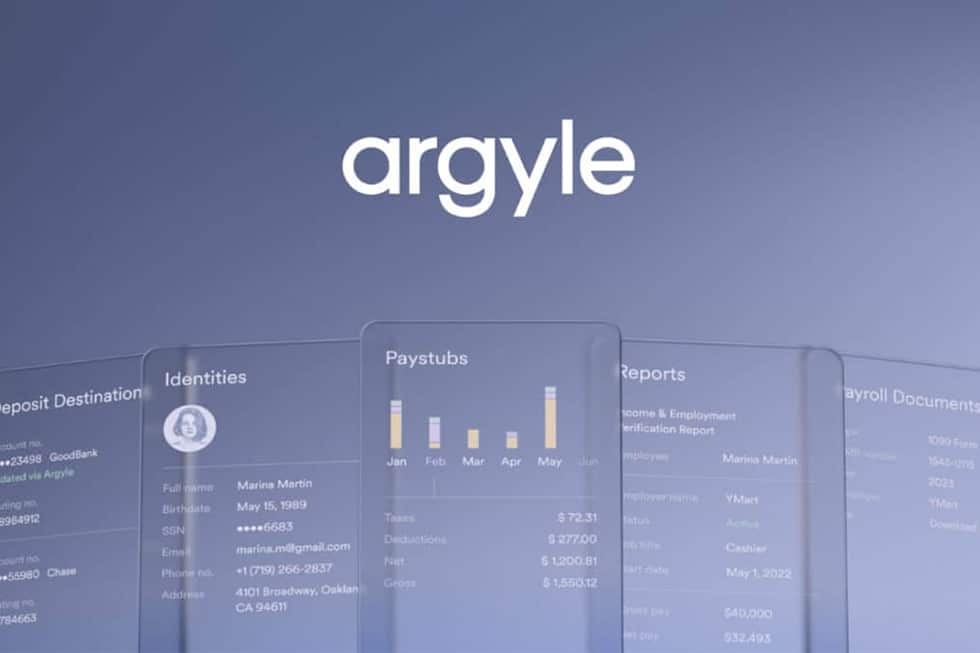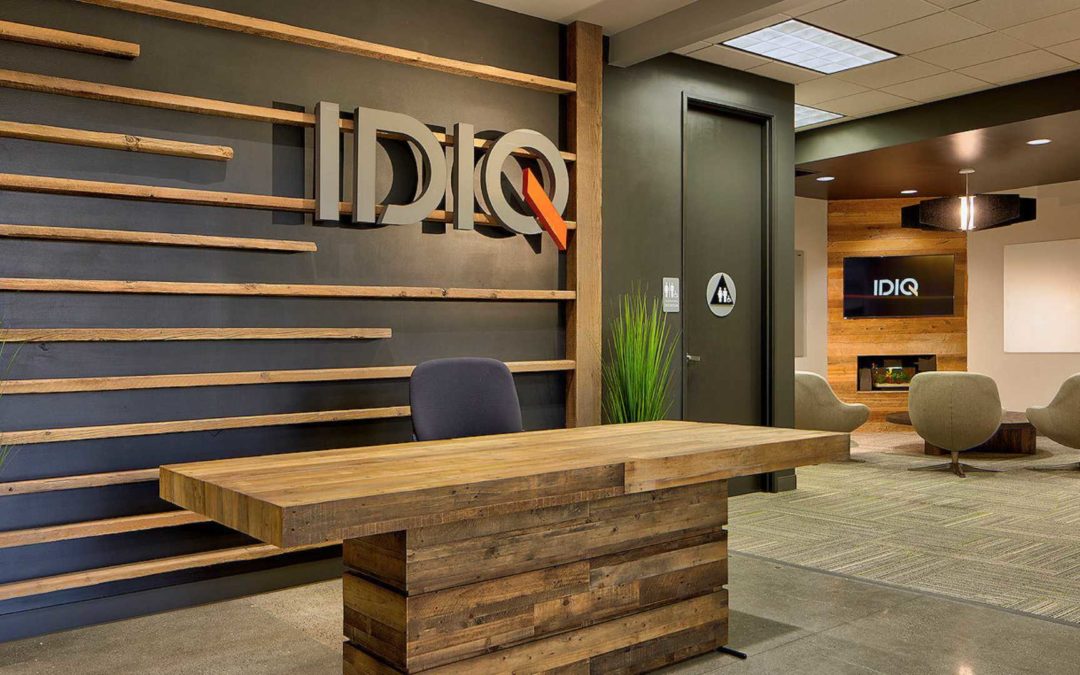Every generation puts its unique stamp on money and personal finance. Boomers in developed economies like the U.S. once enjoyed a golden age of economic prosperity. Now, the generational baton is passing over to Millennials, a generation marked by a series of so many unfortunate economic and political events that The Atlantic labeled them “the lost generation.” Personal finance and financial wellness are, therefore, a whole different beast for Millennials.
Plagued by high student loan debt, the dot com bust, the Great Recession, a poor job market, and most recently, a pandemic and high inflation – Millennials aren’t just “lost”, they’ve fallen considerably behind in building the same financial prowess of their parents’ generation.
Generation Z, or Zoomers, aren’t better off either. The ramifications of a global health crisis on this demographic remain to be seen, but if what happened to Millennials is any indication, Gen Z’s economic outlook isn’t a rosy one. Pew Research reported that 9.6 million U.S. workers ages 16 to 24 lost their jobs during the economic downturn of 2020, surpassing the UK who lost 2.6 million workers in the 15 to 64 age range. It’s no wonder financial wellness is top of mind for both generations and it’s paving the way for fintechs and financial institutions to unite and create solutions that cater to both audiences’ needs.
Gambling with Cryptocurrencies, NFTs, and Tokens
The economic hurdles experienced by Millennials have toughened this generation, and perhaps, made them more open to taking risks. Case in point – Millennials are early adopters of DeFi and cryptocurrency. One study found that 49% of Millennials owned cryptocurrency compared to 13% of Gen Z. This demographic has also championed the use of crypto as an investment strategy and payments option unlike their generational counterparts. Robinhood and Coinbase’s rise to fame in the financial services industry is proof of how much Millennials are willing to bet on crypto. Robinhood reported cryptocurrencies made up 52% of its transaction-based revenue and Coinbase brought in a hefty $1.8 million in revenue in the first quarter this year. Perhaps this has a lot to do with Millennials’ purchasing power, but it also signals the changing attitudes and behaviors from this group towards investing in general. Millennials realize they cannot count on Social Security like their parents and grandparents. They’re also living through a period of high healthcare costs, high cost of living, and high inflation – which as of this writing, climbed 6.2% in October.
A Play for Banks and Credit Unions
Millennials may by bullish on Bitcoin and other digital currencies but that doesn’t change their desire for financial stability, transparency, and wealth-building opportunities. In a surprising study by The Financial Brand, U.S. consumers expressed a desire for more in-person interaction with their financial institutions. Even more surprising was that Gen Z consumers noted they’d like to drop into a bank branch for financial advice (40%), meaning financial institutions have an opportunity to capture this market with financial wellness programs and educational services. Additionally, more than a third of Gen Zers expressed a desire for cryptocurrency investing options from their bank, signaling a play for banks and credit unions to get on board with digital currencies sooner rather than later.
Millennials’ and Gen Z’s attitude toward financial wellness isn’t as different as pundits make it sound. Both demographics have a pragmatic approach to financial matters. While Millennials are focused on paying off debts and increasing their net worth for retirement and their families, Gen Z is learning from previous generations’ mistakes by looking for ways to save and invest money. One study showed 66% of Gen Z are planning to attend in-state universities to save on tuition and many are extending living at home with their parents to save on living expenses. Both generations have taken advantage of remote working during the pandemic to relocate to less expensive cities as well. Money is always on their mind and without government assistance on the way, consumers are getting creative with how they live.
Here Comes The Boom!
It’s unfair to say Millennials are an unlucky generation entirely. Like many before them, this demographic experienced a mixture of highs and very deep economic lows (think: The Great Depression, World Wars I and II). Gen Zers are unlikely to fare any better. They may have the advantage of being born in the digital era, but it’s likely they’ll face their own economic dips throughout their lifetime.
What does this spell out for banks, credit unions, and other financial institutions?
This sector is primed for a massive boom if they’re ready and willing to set aside their old playbooks and start meeting Millennials and Gen Z where they are today. Both populations are hungry for financial education, personalized interactions face-to-face, and financial services that marry their desire for financial stability and taking calculated risks.
Banks are increasingly more open to partnering with fintechs, but are slow to embrace emerging technology like DeFi and Blockchain for many reasons. Regulations are likely to come eventually, one reason why financial institutions are slow to adopt crypto, for example. Still, this should not stop these organizations from immersing themselves in new technologies. The financial system is evolving with or without the banks or regulators that rule them. As the old saying goes, “If you can’t beat them, join them.”





